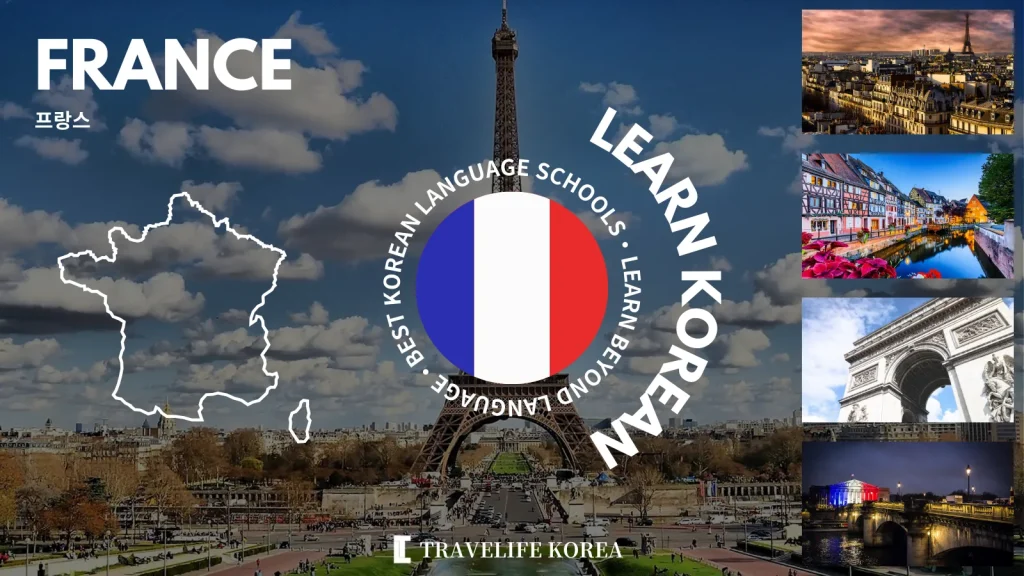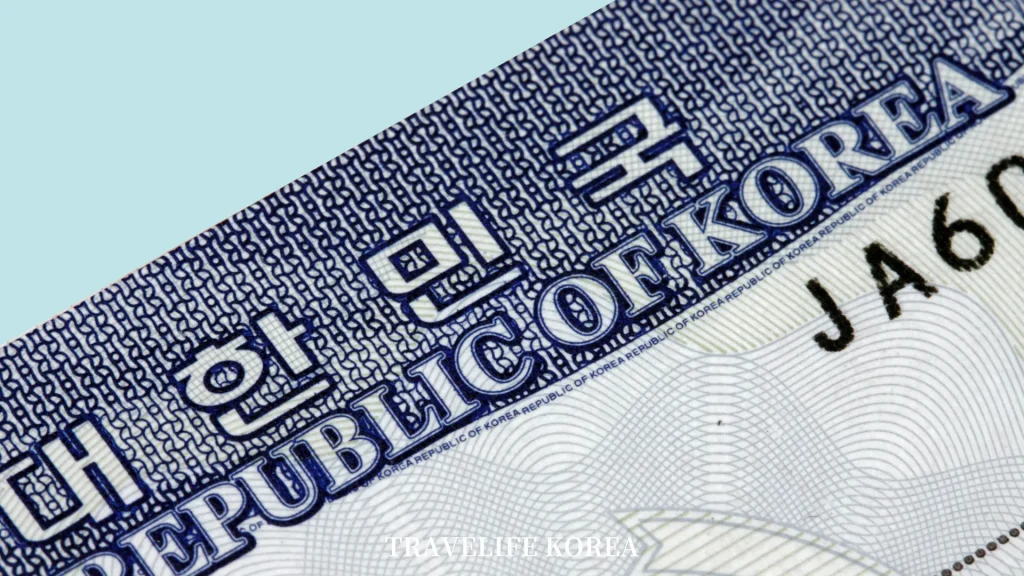Korean Language– tag –
-

Best Korean Language Schools in Germany
Are you looking for an educational experience that combines German efficiency with the richness of Korean culture? Explore the best Korean language schools in Germany, tailored for learners of all levels. These institutions offer in-depth courses that immerse you in both the Korean language and cultural heritage, ensuring a well-rounded and enriching educational journey. Begin your unique path to mastering Korean while experiencing Germany’s vibrant academic environment today. -

Best Korean Language Schools in France
Are you seeking an educational adventure that blends French and Korean cultures? Discover the top Korean language schools in France, ideal for learners at all levels. These institutions offer comprehensive courses in Korean language and culture, providing an enriching journey into linguistic mastery and cultural understanding. Embark on your unique learning experience in France today. -

Growth of Korean Language Studies in France
Are you curious about the rising popularity of Korean language studies in France? With the increasing global influence of K-pop, Korean dramas, and cinema, more French universities are offering Korean language courses, attracting students eager to immerse themselves in Korean culture. This article delves into the development, opportunities, and future of studying Korean in France. -

Short-term and Long-term Comparison for Studying in Korea
Are you considering studying abroad in South Korea but unsure whether to opt for a short-term or long-term program? Both options offer unique benefits and experiences, and choosing the right one depends on your goals, budget, and time availability. This article will help you compare short-term and long-term study programs in South Korea, highlighting the key differences and advantages of each, so you can make an informed decision. -

TOPIK Korean Language Test|Everything You Need to Know
Are you looking to advance your career or education in Korea? The TOPIK test can be your gateway. This comprehensive guide provides all the information you need about the TOPIK test, helping you determine if it’s the right step for you. -

How to Self-Study Korean
How can you effectively learn Korean on your own? Mastering a new language can be challenging, but with the right strategies and dedication, you can achieve fluency. This guide will provide you with a step-by-step approach to learning Korean, from understanding the alphabet to engaging in conversations. -

Types of Visa for Study in Korea
Are you planning to study in Korea but unsure which visa you need? Korea offers several visa types for international students, each tailored to different educational goals and program lengths. This guide provides a detailed overview of the D-2 (Student Visa), D-4 (General Trainee Visa), C-3 (Short-Term Visa), and B-1/B-2 (Visa Waiver and Transit Visas), helping you understand the requirements and limitations of each. -

Scholarship for International Students Studying in Korea
Dreaming of studying in Korea but worried about the cost? Don’t let financial concerns stop you! There are numerous scholarships available to support international students pursuing education in Korea. This comprehensive guide explores various scholarship opportunities, helping you turn your study abroad dreams into reality. -

Basic of Korean Alphabet Hangul
What makes Hangul, the Korean script, so unique and easy to learn? Created in the mid-15th century by King Sejong the Great, Hangul is a scientifically designed alphabet that allows anyone to read and write in Korean, even without understanding the language. In this article, we will explore the history, structure, and unique features of Hangul. -

Origin of Hangul in Korean Language
Have you ever wondered about the origins of Hangul, the unique script used for the Korean language? Delving into the history of Hangul not only provides a fascinating glimpse into Korean culture but also aids in understanding the language itself. Here, we explore the rich history of Hangul, its creation, and its evolution over time.
1









